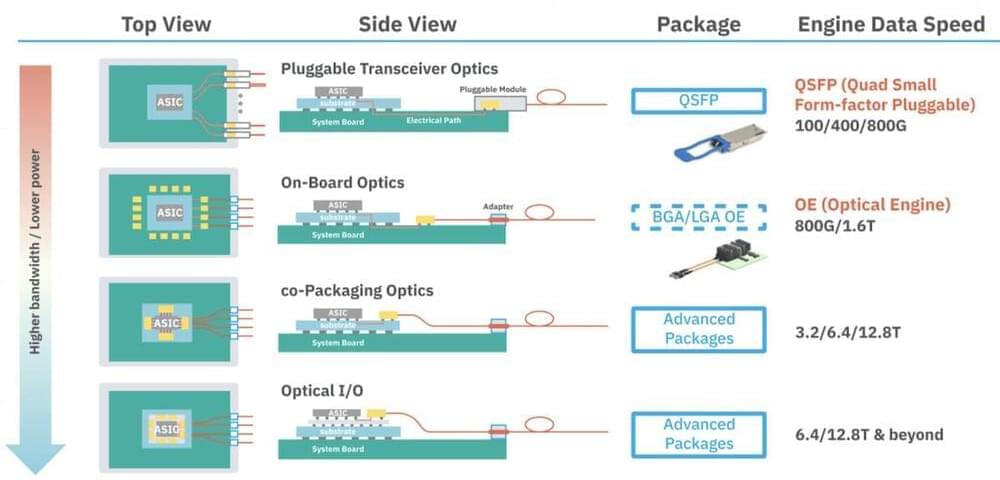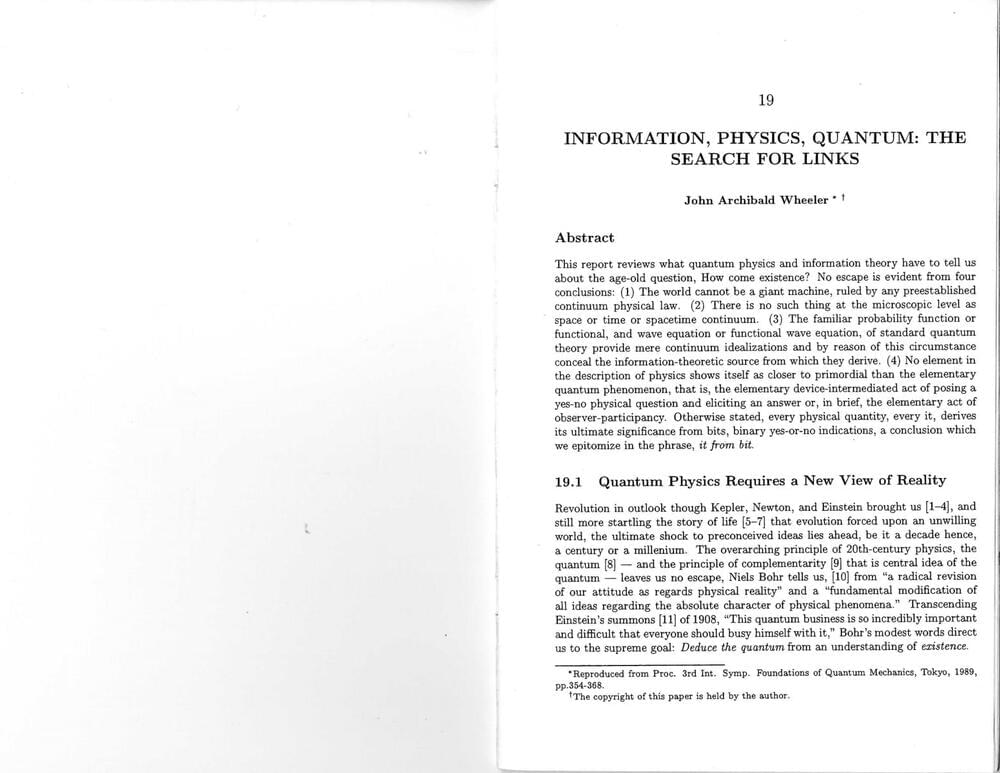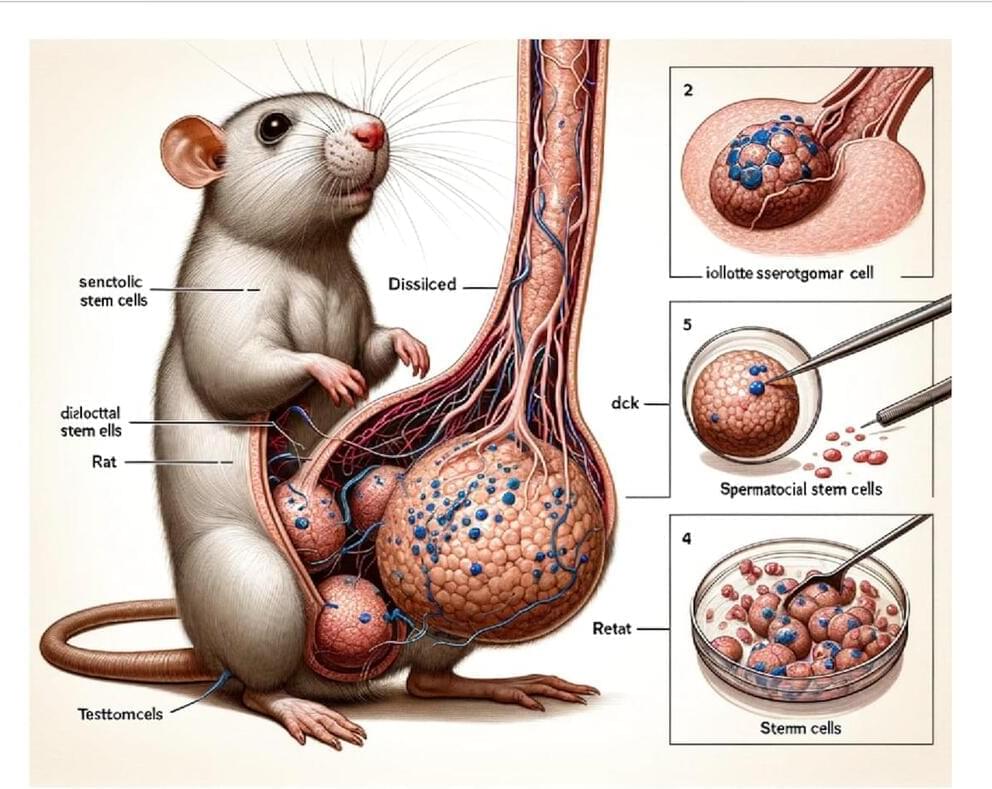
The promise of photonics ICs is spurring innovation, but complex processes and a lack of open foundries are keeping it from reaching its full potential.
Circuit scaling is starting to hit a wall as the laws of physics clash with exponential increases in the volume of data, forcing chipmakers to take a much closer look at silicon photonics as a way of moving data from where it is collected to where it is processed and stored.
The laws of physics are immutable. Put simply, there are limits to how fast an electron can travel through copper. The speed of an electron, while fast on a macroscopic scale, encounters significant resistance as pathways shrink, leading to heat generation and power inefficiencies. In contrast, silicon photonics circumvents these electrical limitations by harnessing the swiftness of photons, which travel at the speed of light and are not bound by the resistive properties of materials like copper. Unlike electrons, photons do not generate significant heat, can carry more data due to their higher frequency, and suffer from less signal degradation.

















